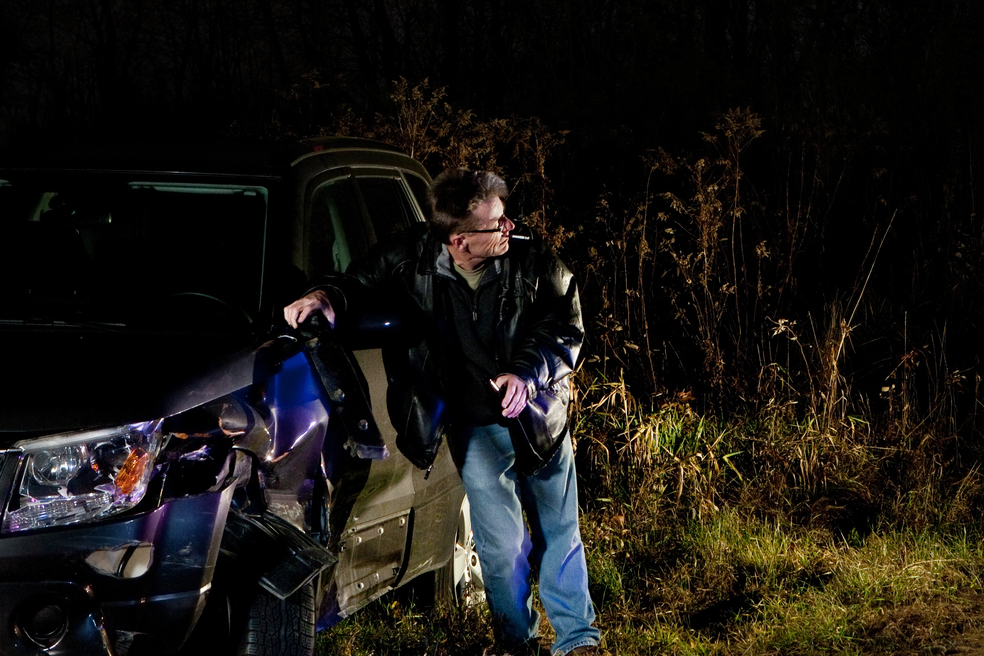A Fail to Remain ticket is one of the more aggravating offences in Ontario.
A conviction for failing to remain at the scene of an accident is serious and comes with many detrimental consequences. If charged, it is recommended that you seek formal legal advice. A sizable sum of money in the form of a fine may be imposed, along with the possibility of an Ontario Driver’s Licence suspension, increased insurance rates/policy cancellation, and in the worst of cases or for repeat offenders, even jail.
What is a Failure to Remain Ticket?
Section 200(1)(a) of the Ontario Highway Traffic Act creates the offence for Fail to Remain, and expresses that any driver involved in an accident must remain at, or return immediately to, the scene of the accident or collision.
A Fail to Remain ticket is classified as an offence of strict liability, which makes it defensible through the establishment of a reasonable belief in a mistaken set of facts, or that reasonable care had been taken.

What is the Penalty for a Fail to Remain Ticket?
Court-imposed penalties for a Fail to Remain ticket are as follows:
- a monetary fine between $400 to $2,000, plus victim fine surcharge and court costs;
- a custodial jail sentence not exceeding 6 months, or both fine and custody; and
- an Ontario Driver’s Licence Suspension not exceeding 2 years.
Following an in court conviction for failing to remain, the Ontario Ministry of Transportation (MTO) will then impose the following:
- seven (7) demerit points will be applied to the Ontario Driver’s Licence; and/or
- the Ontario Driver’s Licence may be suspended for the accumulation of too many demerit points.
It is important to note that while a conviction for failing to remain may result in a jail sentence, a conviction does not result in a criminal record. In addition, expect significant increases to your insurance premiums if your insurer does not completely drop your policy and coverage.
Fail to Remain Defences
Your licensed paralegal from M. Cardy Legal Services has argued the following defences to a fail to remain allegation:
- Due Diligence – Allows the accused to exculpate themselves by establishing, on a balance of probabilities, that they were free from fault or that reasonable care and attention had been taken.
- Prove It – Even a case with bad facts for the defence must be proven in open court. The onus, or requirement, is always on the Crown prosecutor to ensure that all essential elements have been established and that the defendant is guilty beyond a reasonable doubt. This defence challenges the Crown’s case and evidence through the use of effective cross-examination and closing submissions.
- Reasonable Mistaken Belief – While ignorance of the law by claiming you were simply unaware is not a defence, if the defendant can prove that he honestly and reasonably believed in a mistaken set of facts, and if that belief is true and proven on a balance of probabilities, it would make the conduct innocent.
